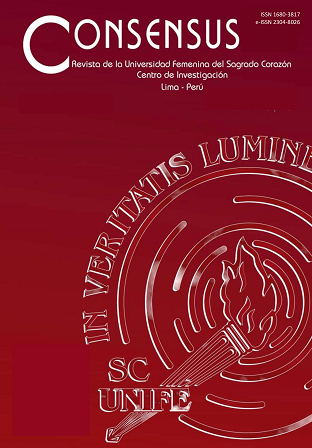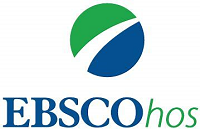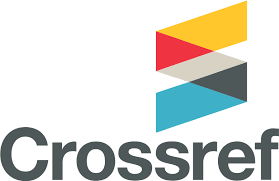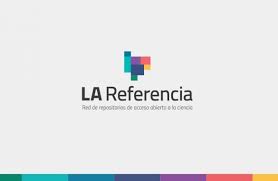Formal, not formal and informal education: an unfinished task in the peruvian museums
DOI:
https://doi.org/10.33539/consensus.2015.v20n2.405Keywords:
Formal education in museums, not formal education in museums, informal education in museumsAbstract
Museums as a cultural institution of educational nature has as one of its main functions that of education, putting at service for their visitors objects, equipment and museographic and technological resources that, in most cases, are not accessible in schools and universities. These offered sources are culture transmitters and, at the same time, they deliver different learning styles starting from a formal, not formal and informal education, making the experience in the museum valuable and innovative. Currently, these institutions see themselves as important learning resources, as part of the formation of people. The learning by discovering and significance are permanent processes as well as a cumulative experience and of an individual and/or collective nature throughout the entire life, contributing to their cognitive, emotional and social development. The educational services offered in the museums generate relationships with educative institutions. These services must be performed by a transdisciplinary team, which possess specific knowledge about the psychological characteristics of the visitor with regard to his/her behavior and learning processes in the exposition, motivations, and interests through a coherent, efficient and effective
communication.








